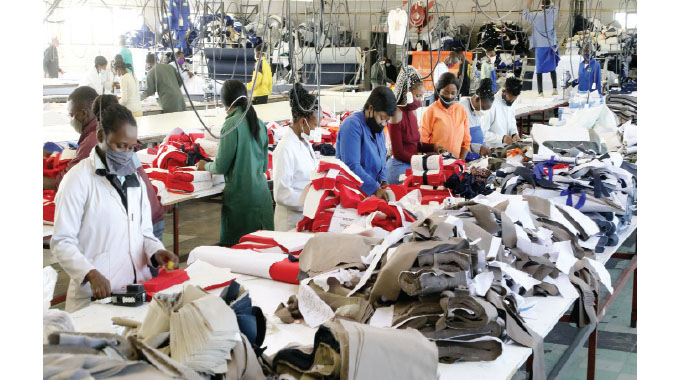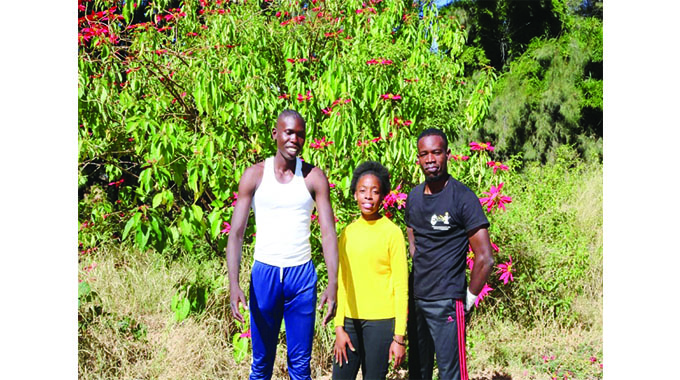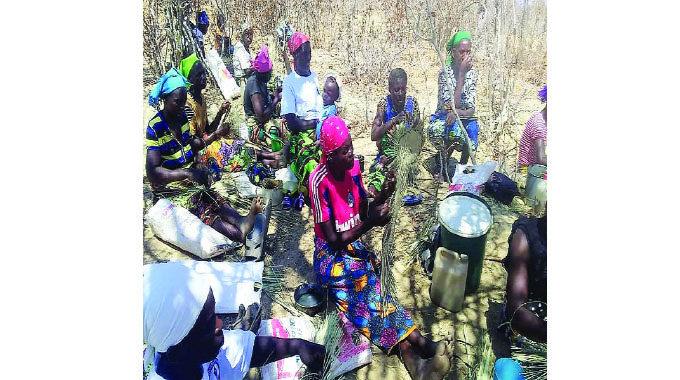Clothing sector gets 24% pay rise

Oliver Kazunga, Senior Business Reporter
THE National Employment Council (NEC) for the clothing industry has awarded workers in the sector a 24 percent pay rise across the board with the lowest paid employee now earning $10 730,35 effective this month.
The latest pay structure, which covers up to July 2021, has been agreed upon by the employers and workers’ representatives.
Prior to the latest adjustment, the lowest paid employee was earning $8 653,51.
According to a circular number 2A of 2021 released by the NEC addressed to all companies in the clothing industry, the parties had agreed to adjust the pay levels in relation to stability in inflationary pressures.
“Employer representatives and employee representatives (unions) met in Harare on 20 May 2021 and agreed on the following:
“That inflationary pressures have substantially stabilised; that as a result of the stabilisation in inflationary pressures the industry moves from negotiating quarterly to negotiating for six months with effect from August 2021 onwards.
“That a transitional increase of 24 percent across the board be paid during the period 01 May 2021 to 31 July 2021,” reads part of the circular.
The parties also agreed that any form of payment made to workers in anticipation of industry-negotiated minimum wages be taken into account in the calculation of back pay.
“Kindly be advised that NEC levies are payable on the new wages on the basis of two percent by the employer and two percent by the employee,” said the NEC.
Meanwhile, the country’s national trade development and promotion organisation, ZimTrade, has challenged the local clothing and textile industry to increase value added exports.
In Africa, total exports of clothing and textile in 2019 were US$18,3 billion, according to Trade Map, dominated by Tunisia (US$4,3 billion), Morocco (US$4 billion), Egypt (US$3,2 billion), South Africa (US$1,5 billion and Mauritius (US$687 million).
ZimTrade has noted that the country has huge potential in clothing and textile exportation. — @okazunga










Comments